As much as the wedding industry is a space for love and acceptance, it’s also one that isn’t always as diverse as it could (and should) be.
Being honest about that fact is important — and it’s something we’ve explored previously in our guides to working with LGBTQ+ and BIPOC couples as a wedding photographer.
But as we head towards 2021, we thought it would be a good idea to revisit some of these lessons and to check in with you all on your progress in making your businesses as inclusive as they can possibly be.
In today’s article, we want to pose a few really important questions about how to become a more inclusive wedding photographer.
So, let’s get started!
Take representation seriously
When it comes to running an inclusive wedding business, visibility is everything.
This means actually representing diverse couples in your portfolio and including them in your wider brand.
It might sound obvious… but if your work doesn’t reflect your passion for diversity, you’re seriously going to struggle to shine your business in the inclusive light it deserves.
Say no to ‘silent activism’, then, and put your money where your mouth is.
Care about inclusivity?
Show it!
In doing so, you’ll be making your business the safe space it needs to be for the LGBTQ+ and BIPOC couples who can often feel cast aside by subconscious stereotypes and outdated ideals.
So, with all of that said — how do you think you’re getting on?
Have you managed to book any diverse clients since we last checked in on this topic?
If you have, great news!
If not, don’t stress — times are tough right now, and we know it might be tricky to achieve everything you want to.
But as we move into 2021, it’s important to keep inclusivity on the agenda and to do all you can to diversify your portfolio.
To do that, you should:
- Actively offer shoots to BIPOC and LGBTQ+ couples 🏳️🌈
- Follow diverse Instagram accounts for inspiration 💡
- Create Pinterest boards that reflect inclusive love 👨❤️👨
- Ask your diverse peers for advice on inclusivity 🤝
- Actively engage with the BIPOC and LGBTQ+ communities 📣
Whatever action you take, try to represent diverse couples the best you can.
Afterall, there’s no inclusiveness without inclusion.
It’s an obvious point… but one that’s so often overlooked!
Get your marketing right
In business, marketing is about how you sell your product or service.
It’s about the messages you send your audience and the values you subconsciously attach to them.
Now, we could spend a very long time talking about marketing in the wedding industry — but the bottom line is that our business can all too often be dominated by messages about ‘brides and grooms’ and traditional, ‘white weddings’.
This is fine, up to a point — but not when it starts to erase, or even ignore, the lived experiences of minorities.
Not all couples are brides and grooms, after all, and not all weddings look the same.
If you’re serious about inclusivity, it’s your job to make sure that differences like these are included in your messaging by 1) making them visible, and 2) respecting those involved.
To start with, this means:
- Avoiding gendered language (like ‘bride and groom’) 👰
- Making your stance on inclusivity crystal clear 📣
- Having a diverse portfolio (yes, this again!) 🏳️🌈
- Sharing diverse content on social media 📱
- Never making assumptions about your clients ❌
It also means actually targeting LGBTQ+ and BIPOC couples with your marketing.
If, for example, you’re running Facebook or Instagram ads — why not consciously target those from a diverse background?
This will really put your messaging to the test and prove whether your efforts are paying off.
You could also, more casually, run a focus group of diverse friends, and ask them for their opinions on your overall branding…
- Would you feel welcome by my brand? 🙌
- Would you question my stance on inclusivity? 🏳️🌈
- Do you feel represented by my output? 🙋♀️
- What could I do to improve my inclusivity? 🤔
These are the kinds of questions you should be asking your friends and followers if you’re serious about running the most inclusive business you can.
So, no matter where you are right now in your journey to inclusivity, listen and learn from those around you — the answers are there, you just need to find them!
Be honest and get educated
The truth is we photographers don’t know it all.
Sure, we might spend 24/7 working with couples and shooting weddings all day and night — but unless you’re actually from a diverse background yourself, you won’t know what it’s like for a minority to experience this industry from the outside in.
And, as we’ve covered before, it isn’t always a pretty sight…
- Gendered language use ❌
- Traditions over representation ❌
- White-washing ❌
- A one-size-fits-all approach ❌
Together, all of this reveals the need for change.
And that’s why it’s so important to be honest about our blind spots and to recognize that — actually — we do have a bit of learning to do when it comes to providing truly inclusive experiences to our BIPOC and LGBTQ+ couples.
But how can we ‘educate’ ourselves on diversity, exactly?
Well, it comes down to putting ourselves in the shoes of others and trying to understand perspectives that are inherently different to our own.
To do this, we should:
- Read up on BLM, and how people of color experience the world ✌🏾
- Make a conscious effort to learn about the opinions of diverse clients 🤝
- Check that your offer isn’t indirectly offensive 🥴
- Learn about other cultures, and their wedding traditions 🌎
- Understand changing attitudes towards gender and sexuality 🏳️🌈
- Review your offer (and output) in line with all you’ve learnt 🧐
Together, efforts like these will help to bridge the gap in any areas where your knowledge might be limited and give you the tools you need to deliver a service that’s truly inclusive.
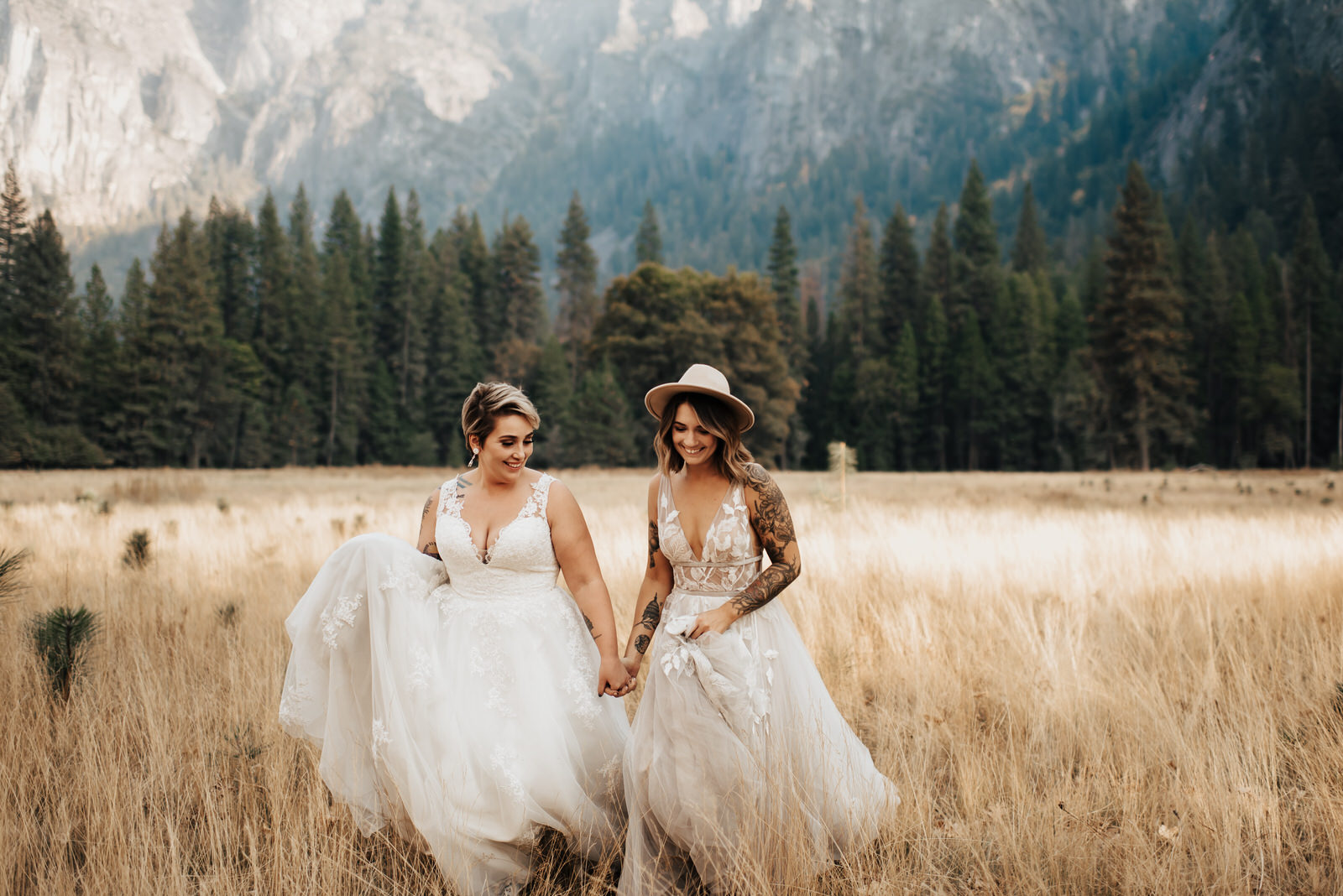
Photographer: Kylie Farmer
Be a genuine ally and voice for change
As you work through the steps of building a diverse business, it’s really important to not fall into the trap of tokenism.
This is when ‘allyship’ becomes more about the advocate than the community it’s trying to support.
If, for example, you think that booking a few BIPOC or LGBTQ+ clients is the sum of inclusivity — you’re wrong.
The fact is, true allyship comes down to supporting a community when there’s no direct incentive to do so.
This doesn’t mean you should be afraid of making money from diverse couples — but if your support for a community is only rooted in financial gain, your fake allyship will shine through and damage your reputation in the process.
It’s important, then, to take your allyship seriously and to genuinely care about the people you want to support.
This means…
- Using your platform to raise awareness of minority causes 📣
- Sharing uplifting and relevant diverse content 🙌
- Making it easier for diverse clients to work with you 🤝
- Being proud and loud about your advocacy 🙋♀️
- Supporting communities when it’s unrelated to business 🤗
- Working with other photographers to bring about change 👫👭
All of this is an example of genuine allyship that goes beyond profit.
So, as you assess your business’ inclusivity… ask yourself: “is this for me, or is this for others?”
The answer to that question can (and should) be both, but if you believe that, deep down, you’re doing something solely for your own benefit — reconsider, and try to build inclusive policies that come directly from the heart.
Becoming a more inclusive photographer — the ultimate checklist
We’ve covered a lot of ground in today’s article…
So, let’s end by collecting our thoughts and summarizing the key questions you should be asking yourself to take inclusivity seriously in your business.
Ready?
Let’s go!
Diverse representation 📣
- Does your portfolio include LGBTQ+ and BIPOC couples?
- Does your website and social media highlight these shots?
- Do you actively engage with diverse communities online?
- Do you have inclusive mood boards to share with diverse clients?
- Do you follow diverse photographers and models to understand their needs?
- Do you seek out new opportunities to work with diverse clients?
Inclusive marketing 📣
- Is your stance on equality and diversity as clear as it can be?
- Do you avoid gendered language in your marketing material?
- Does your website include examples of culturally diverse weddings?
- Do you share content that’s relevant to diverse clients?
- Have you listened to the opinions of diverse friends and peers?
- Have you actively reviewed your marketing material in line with its inclusivity?
Getting educated 📣
- Have you read up on Black Lives Matter?
- Have you listened to the opinions of diverse clients?
- Have you read up on gender and sexuality?
- Have you learned about cultural wedding traditions?
- Have you reviewed your portfolio for any culturally sensitive oversights?
- Do you understand that the wedding industry isn’t always inclusive?
Taking your allyship seriously 📣
- Do you use your platform to promote minority causes?
- Do you provide content for diverse communities?
- Do you work with others to raise awareness?
- Do you actively remove barriers to diverse clients?
- Do you support minorities beyond just pride or black history month?
- Do you come out for diverse clients, even if it doesn’t benefit you?
Tick as many of these as you can, and you’ll be well on your way to running a diverse business that seriously cares about inclusion.
Remember, though: inclusivity isn’t just about ticking boxes…
The fact is inclusivity doesn’t have an end — you can’t just tick a number of boxes and suddenly come out on top.
To run a truly inclusive business, you’ve got to constantly reassess your efforts and check in with the opinions of those that matter.
Remember that, and we’re sure you’ll succeed in putting diversity on the agenda and keeping it there once and for all.
We hope you’ve found today’s article helpful, and don’t forget to head over to our blog for more top tips on how to run a photography business that’s fit for the times.
Connection is what it’s all about. Feel free to reach out to us with any comments or questions you might have, even if it’s only to say hello. If it wasn’t for our beautiful community, this place just wouldn’t feel the same.
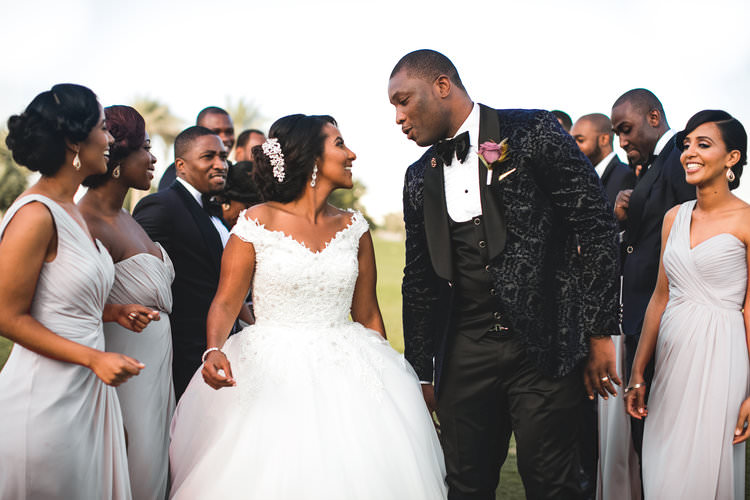
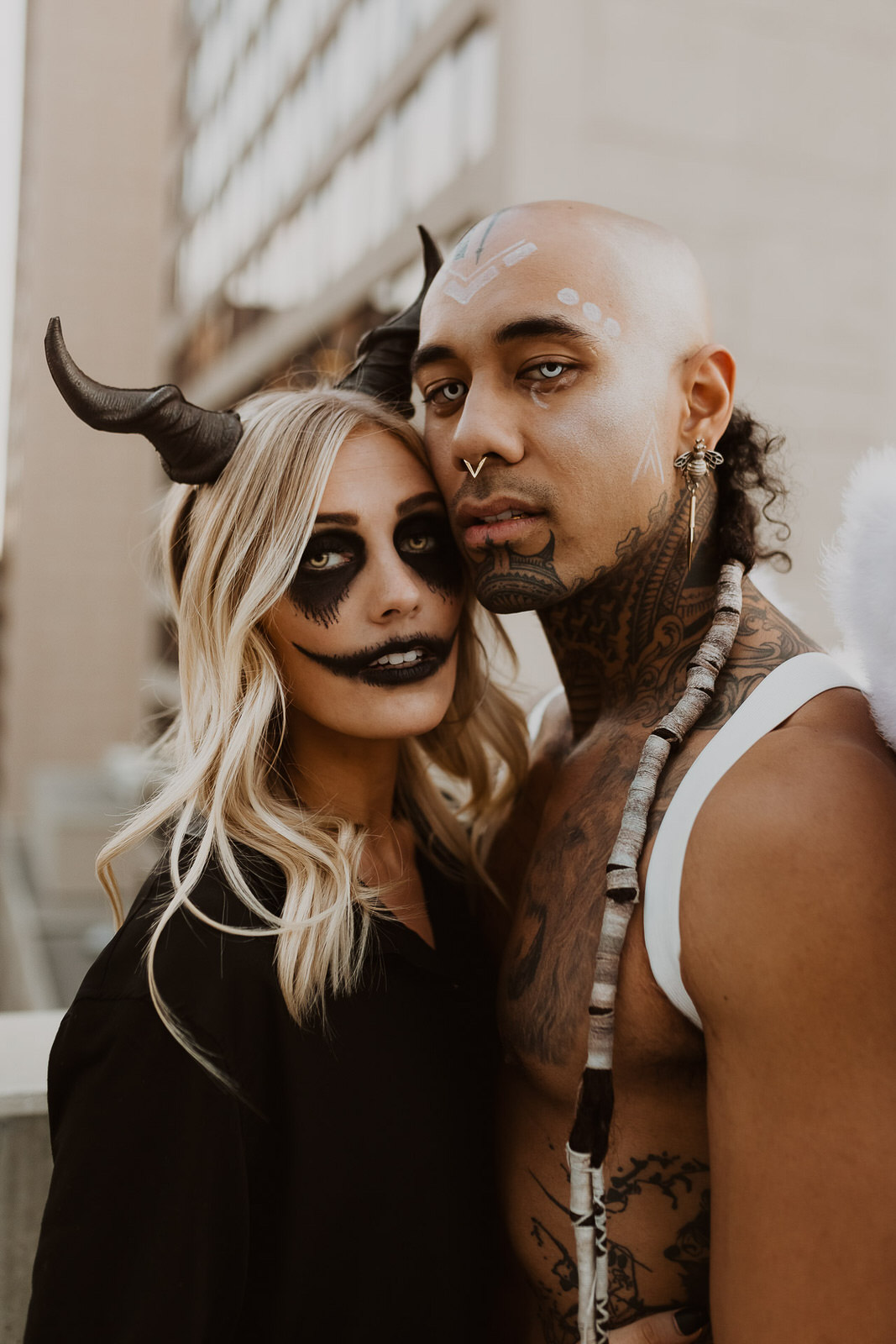
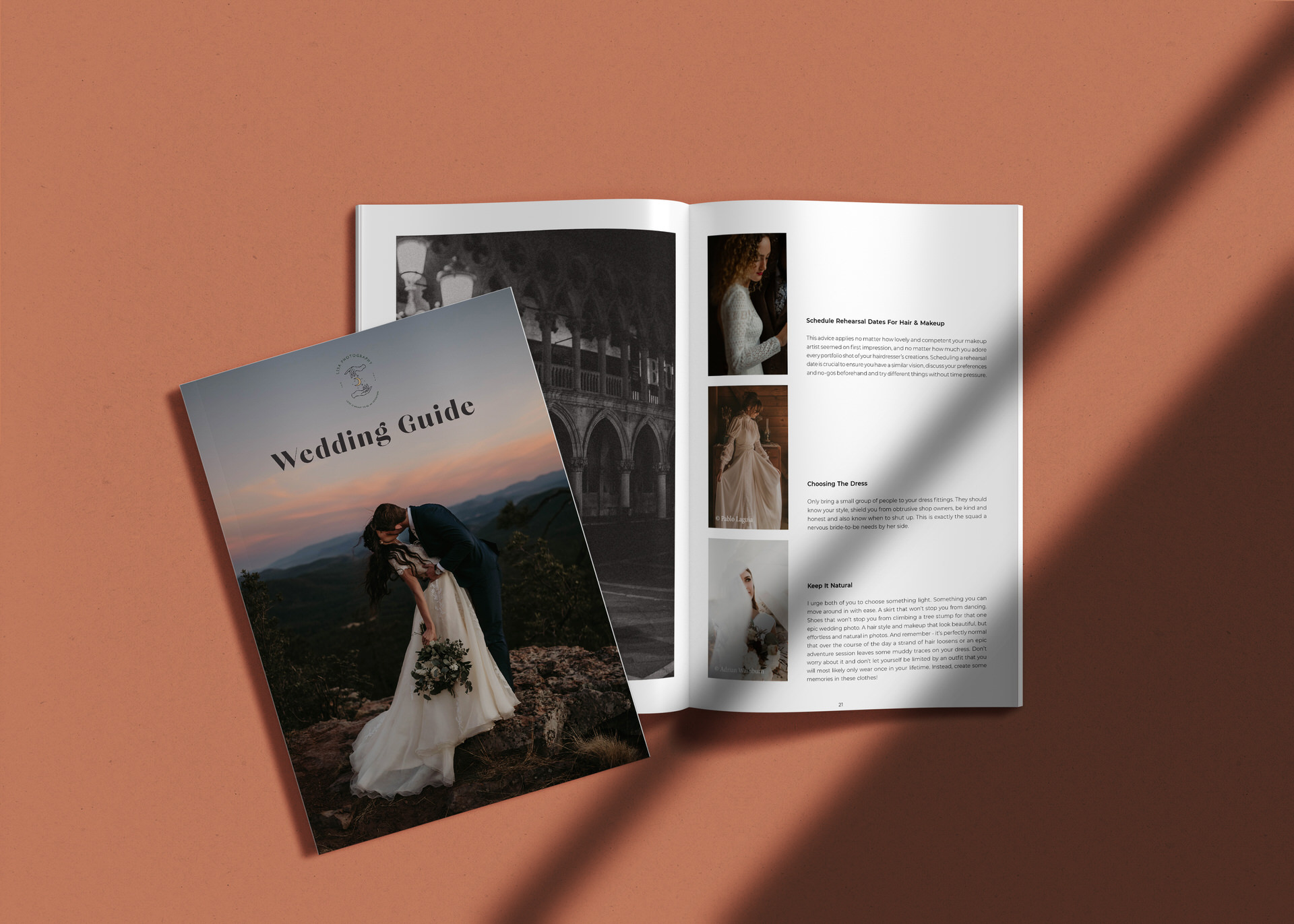
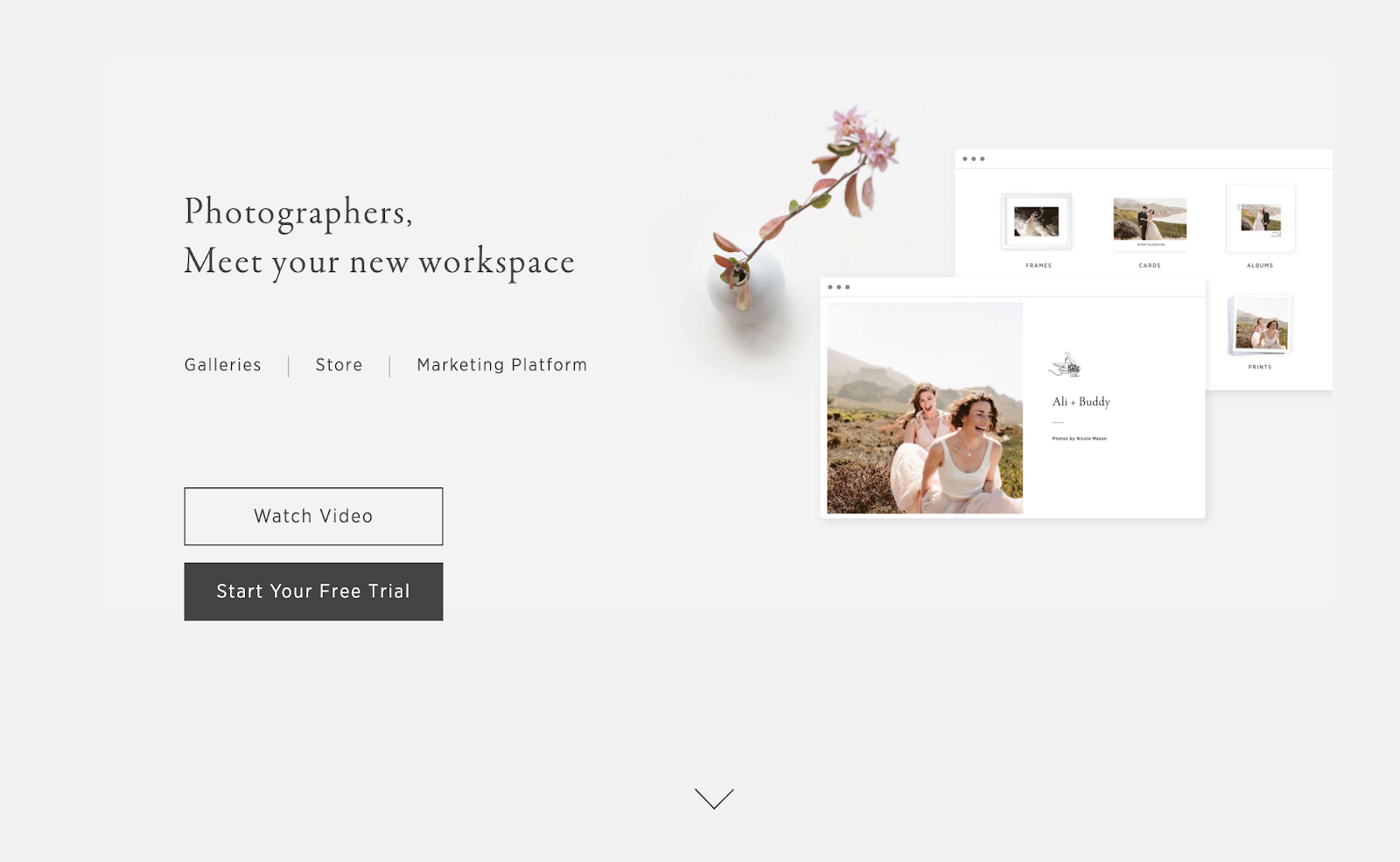
 -->
-->

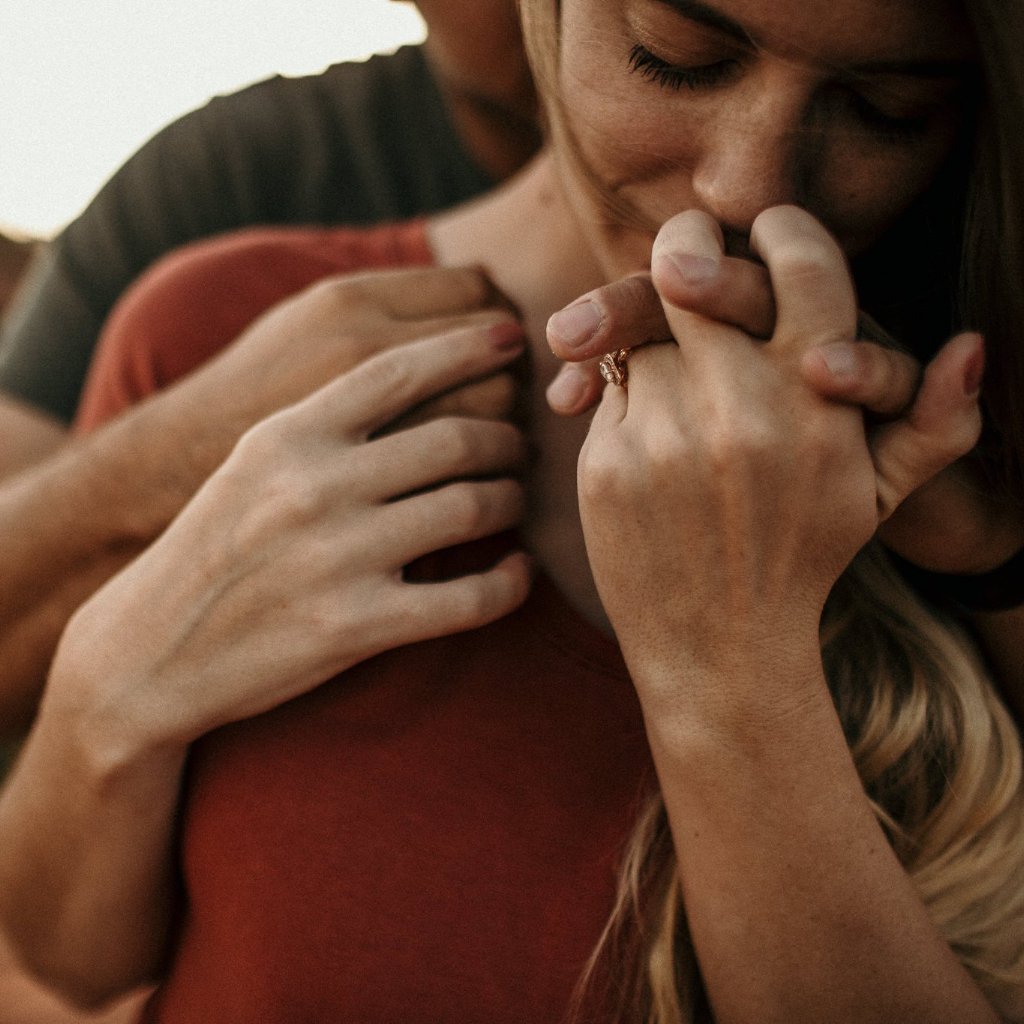
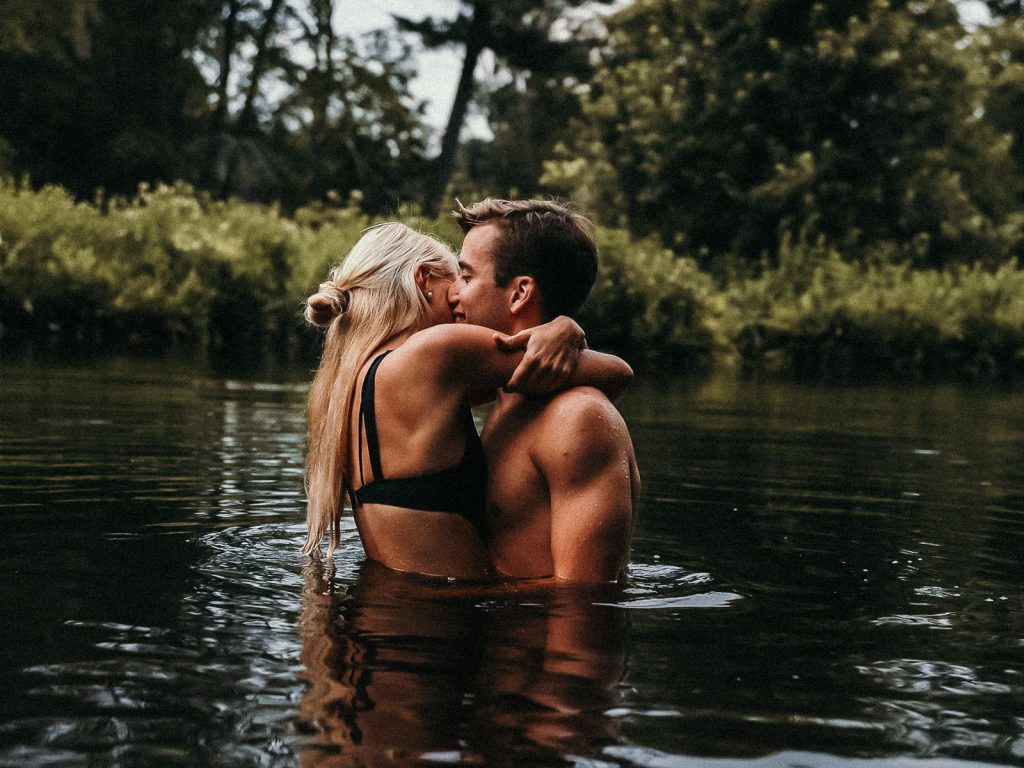
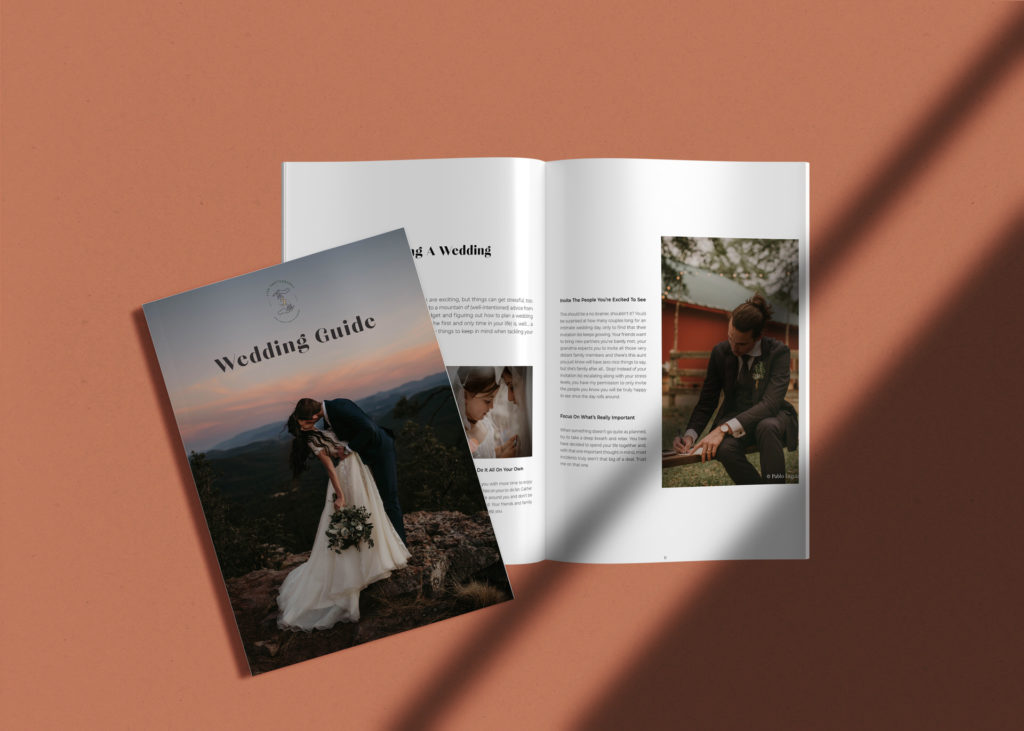
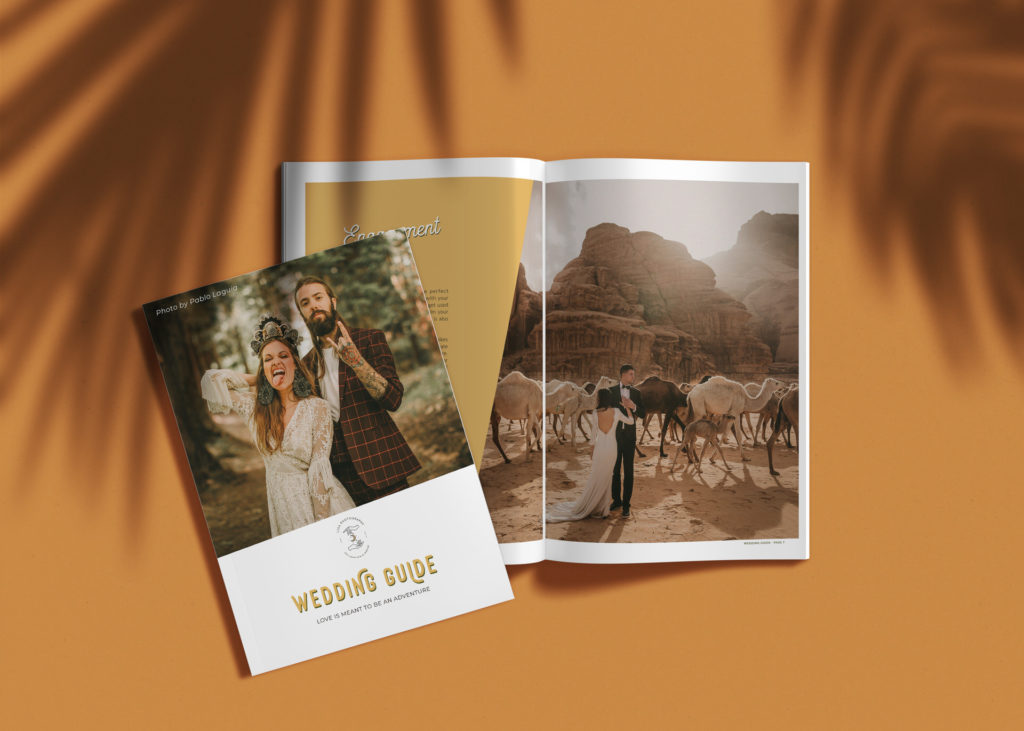
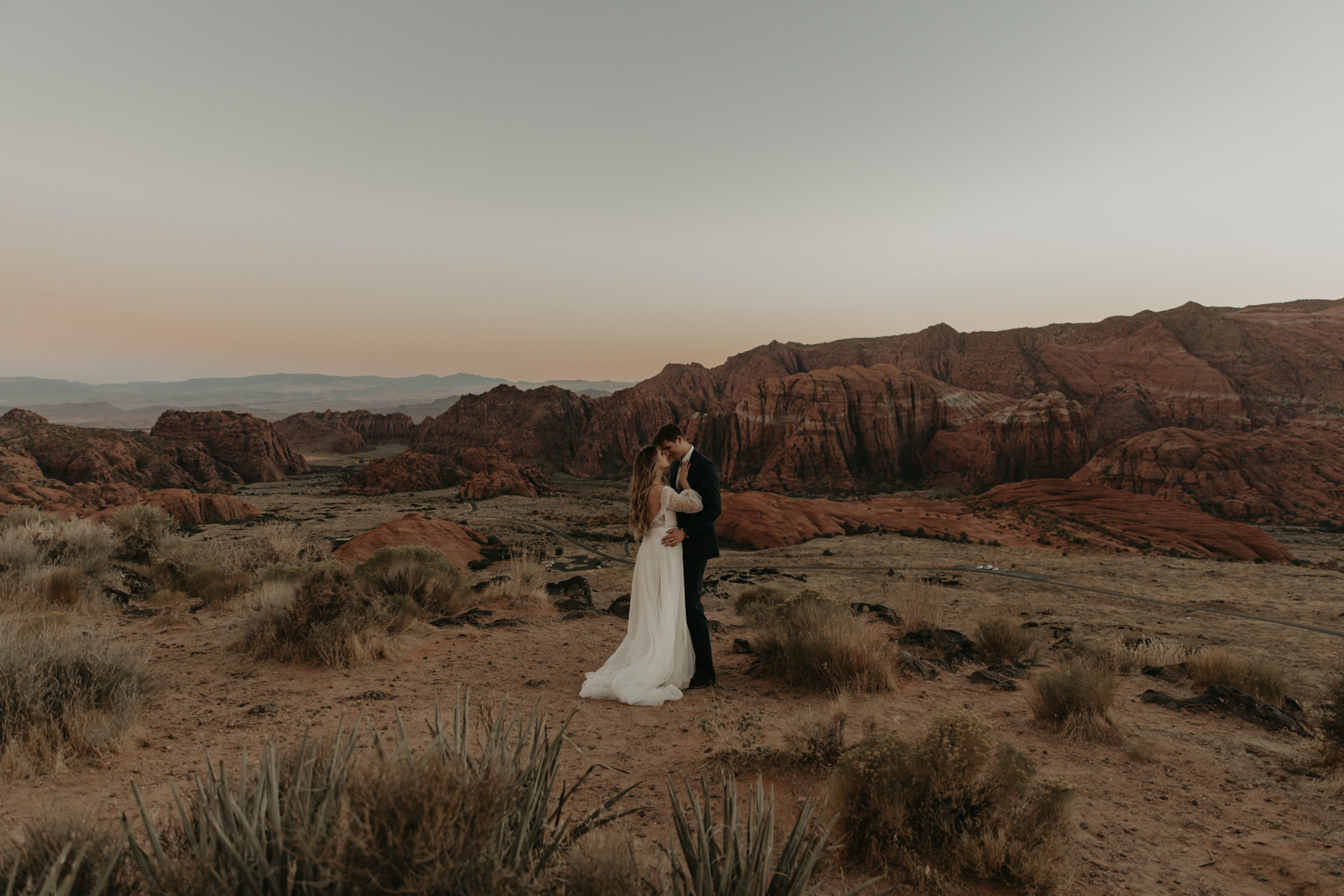
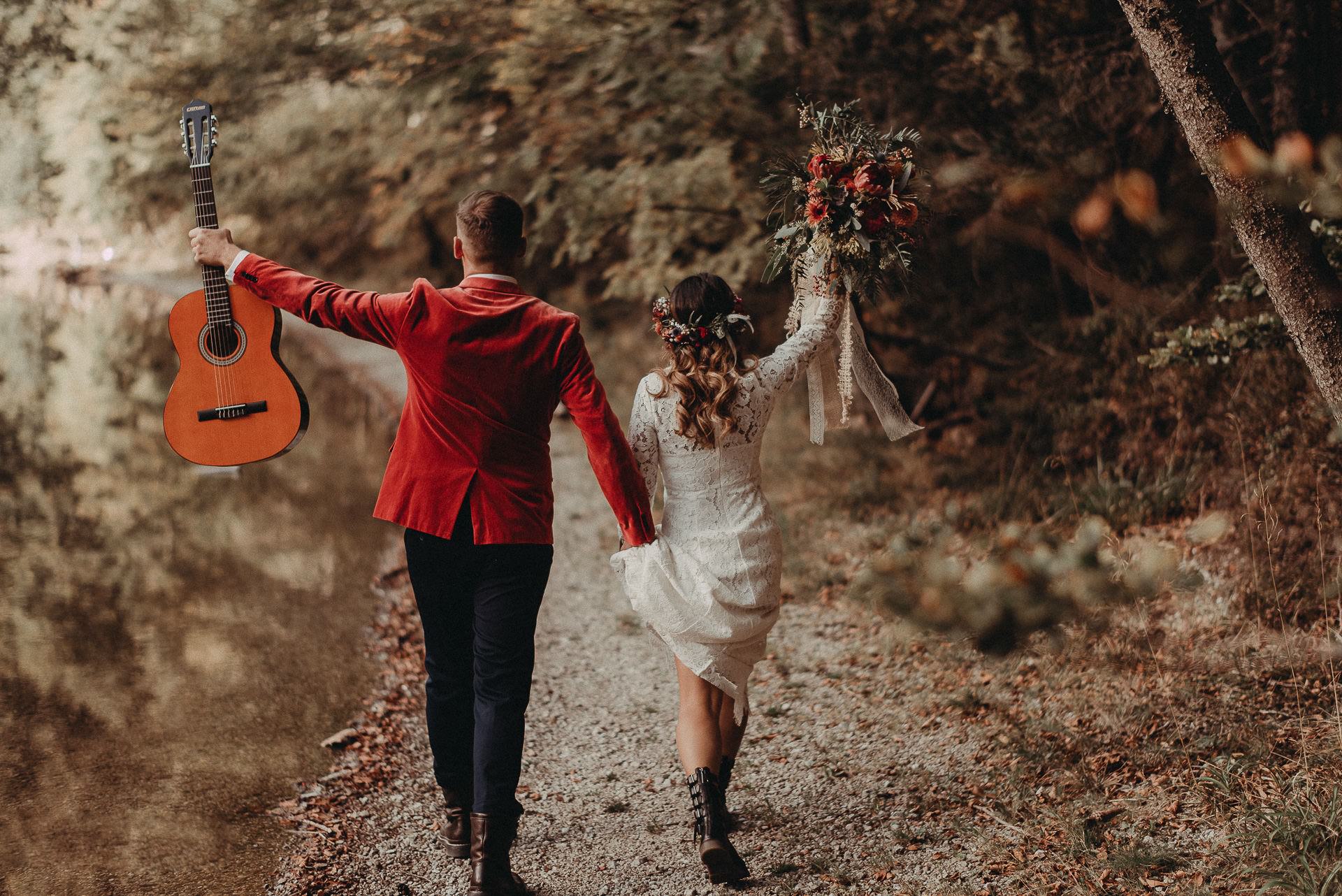
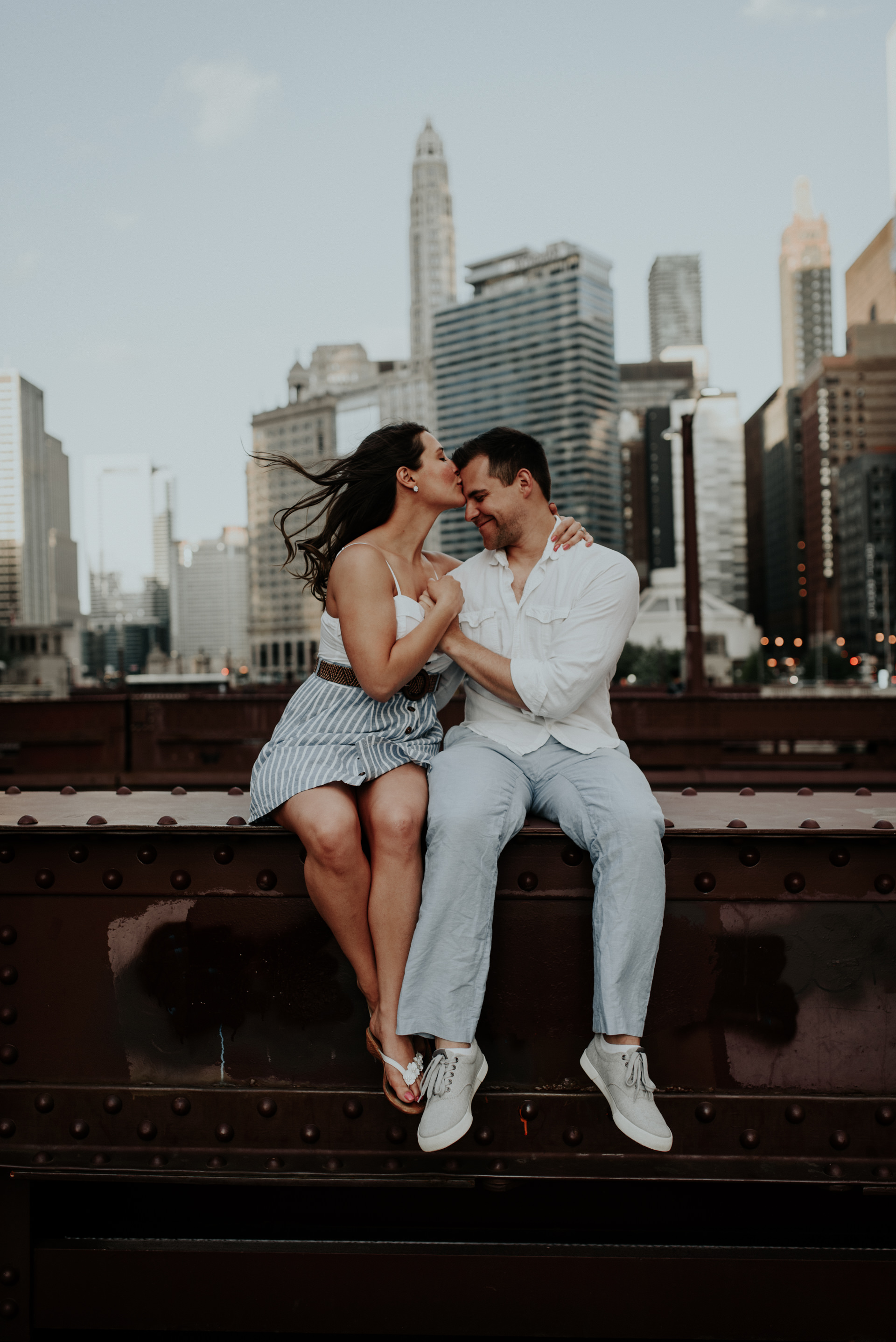
0 Comments